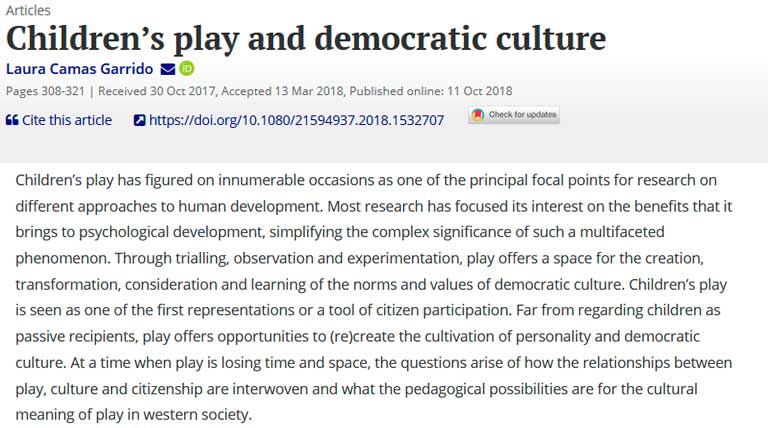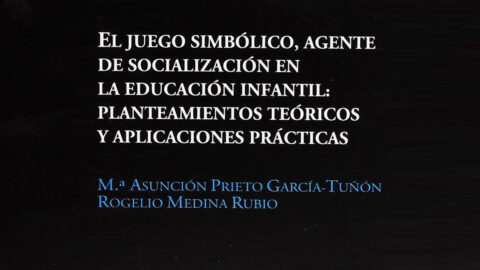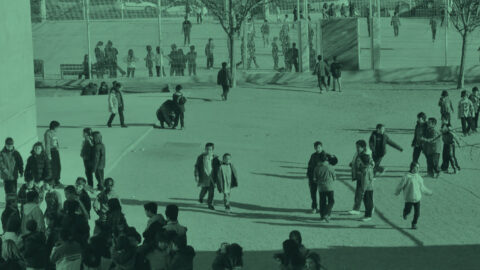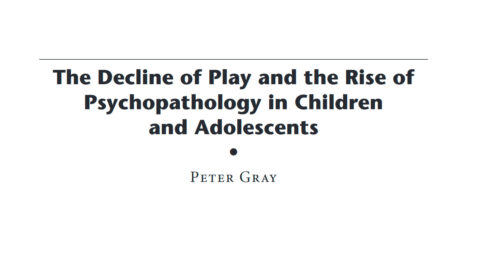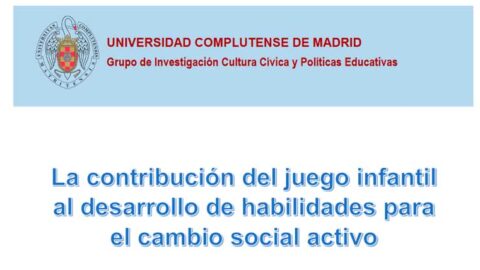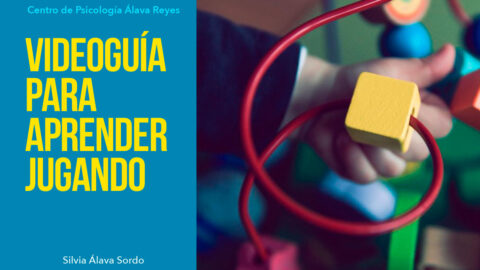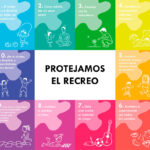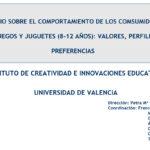Autora: Laura Camas Garrido.
Children’s play has figured on innumerable occasions as one of the principal focal points for research on different approaches to human development. Most research has focused its interest on the benefits that it brings to psychological development, simplifying the complex significance of such a multifaceted phenomenon. Through trialling, observation and experimentation, play offers a space for the creation, transformation, consideration and learning of the norms and values of democratic culture. Children’s play is seen as one of the first representations or a tool of citizen participation. Far from regarding children as passive recipients, play offers opportunities to (re)create the cultivation of personality and democratic culture. At a time when play is losing time and space, the questions arise of how the relationships between play, culture and citizenship are interwoven and what the pedagogical possibilities are for the cultural meaning of play in western society.

